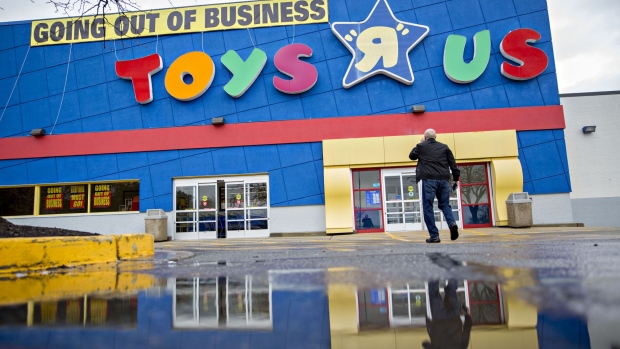Felony charges are first in fatal crash involving Tesla Autopilot
Driver was using partially automated driving in incident that killed two people
:quality(70)/cloudfront-eu-central-1.images.arcpublishing.com/thenational/V6SFB3LHZ6JLTKSPTAST2TOL54.jpg)
California prosecutors have filed two counts of vehicular manslaughter against the driver of a Tesla on Autopilot who ran a red light, slammed into another car and killed two people in 2019.
The accused appears to be the first person to be charged with a felony in the US for a fatal crash involving a motorist who was using a partially automated driving system. Los Angeles County prosecutors filed the charges in October, but they came to light only last week.
The driver, Kevin George Aziz Riad, has pleaded not guilty. Mr Riad, a limousine service driver, is free on bail while the case is pending.
The misuse of Autopilot, which can control steering, speed and braking, has occurred on numerous occasions and is the subject of investigations by two federal agencies.
The filing of charges in the California crash could serve notice to drivers who use systems like Autopilot that they cannot rely on them to control vehicles.
The criminal charges are not the first involving an automated driving system, but they are the first to involve a widely used driver technology. Authorities in Arizona filed a charge of negligent homicide in 2020 against a driver Uber had hired to take part in the testing of a fully autonomous vehicle on public roads. The Uber vehicle, an SUV with the human backup driver on board, struck and killed a pedestrian.
By contrast, Autopilot and other driver-assist systems are widely used on roads across the world.
An estimated 765,000 Tesla vehicles are equipped with it in the US alone.
In the Tesla crash, police said a Model S was moving at a high speed when it left a freeway and ran a red light in the Los Angeles suburb of Gardena and struck a Honda Civic at an intersection on December 29, 2019. Two people who were in the Civic, Gilberto Alcazar Lopez and Maria Guadalupe Nieves-Lopez, died at the scene.
Mr Riad and a woman in the Tesla were admitted to hospital with non-life threatening injuries.
:quality(70)/cloudfront-eu-central-1.images.arcpublishing.com/thenational/AP4ERGRWFL5VZ7TZGJCOGQ4F3A.jpg)
The National Highway Traffic Safety Administration and the National Transport Safety Board have been reviewing the widespread misuse of Autopilot by drivers, whose overconfidence and inattention have been blamed for multiple crashes, including fatal ones. In one crash report, the latter agency referred to its misuse as “automation complacency".
The agency said that in a 2018 crash in Culver City, California, in which a Tesla hit a firetruck, the design of the Autopilot system had “permitted the driver to disengage from the driving task”. No one was hurt in that crash.
Last May, a California man was arrested after officers noticed his Tesla moving down a motorway with the man in the back seat and no one behind the steering wheel.
Teslas that have had Autopilot in use also have hit a motorway barrier or tractor-trailers that were crossing roads. The NHTSA has sent investigative teams to 26 crashes involving Autopilot since 2016, involving at least 11 deaths.
Since the Autopilot crashes began, Tesla has updated the software to try to make it harder for drivers to abuse it. It has also tried to improve Autopilot’s ability to detect emergency vehicles.
The families of Lopez and Nieves-Lopez have sued Tesla and Mr Riad in separate lawsuits. They have alleged negligence by Mr Riad and have accused Tesla of selling defective vehicles that can accelerate suddenly and that lack an effective automatic emergency braking system. A joint trial is scheduled for mid-2023.
Lopez’s family, in court documents, alleges that the car “suddenly and unintentionally accelerated to an excessive, unsafe and uncontrollable speed”. Nieves-Lopez’s family further asserts that Mr Riad was an unsafe driver, with multiple moving infractions on his record, and couldn’t handle the high-performance Tesla.
Separately, the NHTSA is investigating a dozen crashes in which a Tesla on Autopilot ran into several parked emergency vehicles. In the crashes under investigation, at least 17 people were injured and one person was killed.








/cdn.vox-cdn.com/uploads/chorus_image/image/70406160/Robeson_1.0.jpeg)
:no_upscale()/cdn.vox-cdn.com/uploads/chorus_asset/file/23178023/Robeson_2.jpg)



